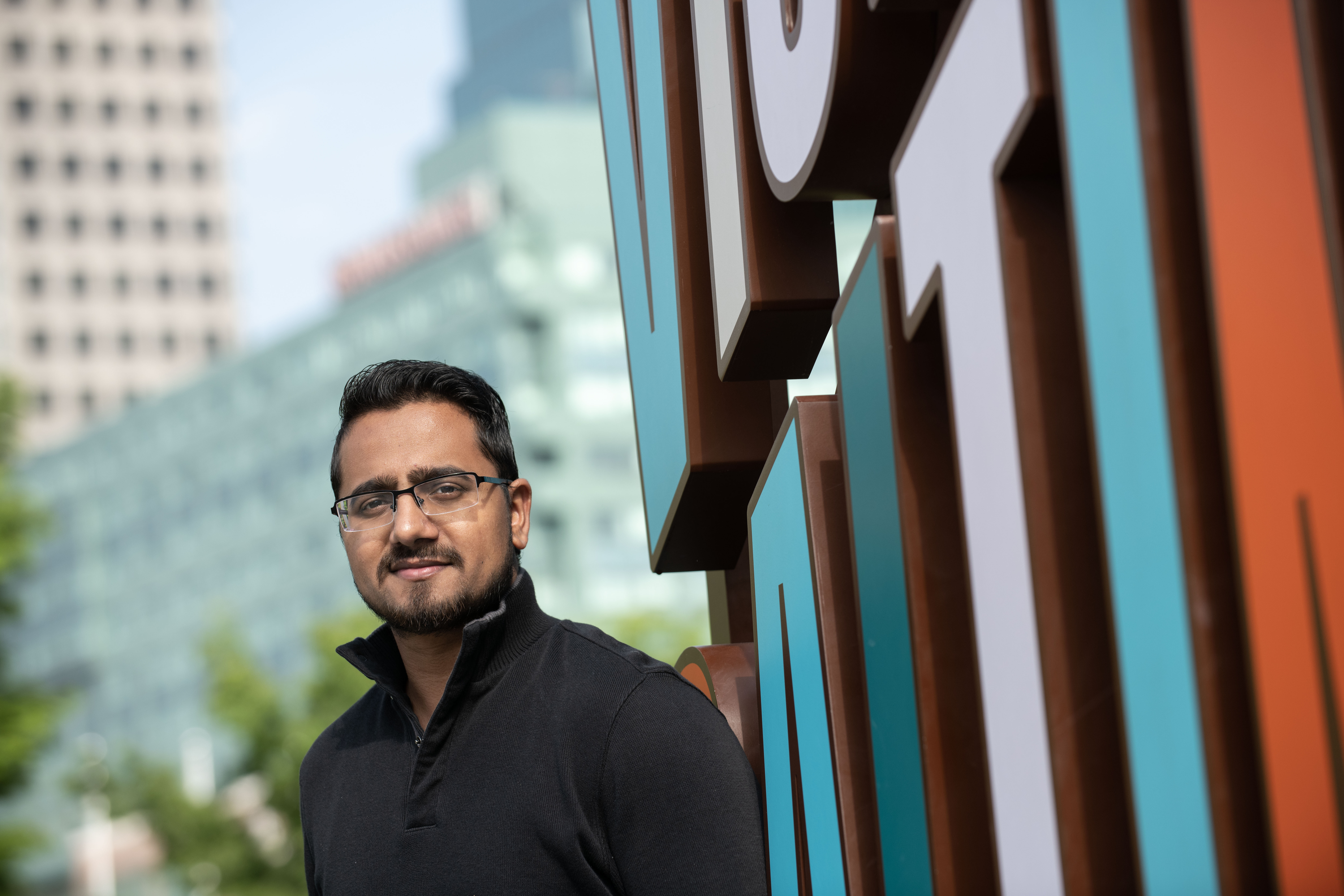Certificate offers student step toward career in mental health counseling

What's My Why?
“Because of my nonprofit work in general, I’ve seen so many people needing mental health support. It’s just a taboo topic in so many different communities. They don’t want to talk about it, and they don't want to discuss counseling in general.
"That pushed me toward this career. I wanted to do more, not just individual counseling, but advocacy for mental health for communities, whether it’s refugees or for the community in Baltimore city, every community.”
Abdun Matin knew he could be doing more for the mental health community.
He had a master’s degree in industrial and organizational psychology from Southern New Hampshire University. He had a full-time job in his field in Maryland. But it was that nonprofit work that exposed him to the lack of awareness, understanding and support for mental health.
Matin decided to seek out a degree program that could build on what he knew and prepare him for the National Counselor Examination to become a mental health counselor.
“I wanted to do more, not just individual counseling, but advocacy for mental health for communities, whether it’s refugees or for the community in Baltimore city, every community.”
Matin enrolled in the Certificate in Professional Counseling Studies at The University of Baltimore in fall 2022 and is on track to complete the program in one year.
Once complete, Matin can take the exam and pivot into work where he feels needed. Passing the exam allows students like Matin to practice for two years as a licensed graduate professional counselor while they work toward the 3,000 hours of professional experience required to become a fully licensed clinical professional counselor.
“It’s not an opposite direction of what I’m doing right now, but the nonprofit work I deal with is at times social work and helping them out, it’s not necessarily mental health,” he said. “Once I’m done [with the certificate], that’s what I'm going to lean toward—to stay in the nonprofit sector to help the communities, but with like a focus on mental health.”
A Program Built for Professionals
Matin found a few Maryland colleges that offered what he sought. Only UBalt could offer the flexibility he needed to keep working once classes started. He has been able to work during the day and take evening classes.
“I didn’t have to completely leave my professional life,” he said. “I wanted to have both options open. University of Baltimore gave me the leverage to have both things going on at the same time.”
Once he started, he discovered a level of flexibility among his professors, too.
“The professors have been very helpful with understanding that everyone has their professional life as well as their personal life at the same time they’re taking the classes. And the students in all the classes were welcoming into the program. All of us have had very good discussions with each other, like cross-cultural and open discussions, and professors really facilitated that.”
Matin always had the idea of a counseling career in the back of his mind. He went the direction of industrial and organizational psychology more out of convenience at the time.
He considered pursuing a second master’s degree. The certificate option, though, could give him the push in the same direction and cost him less in time and money.
“And I can start my career sooner rather than later.”

